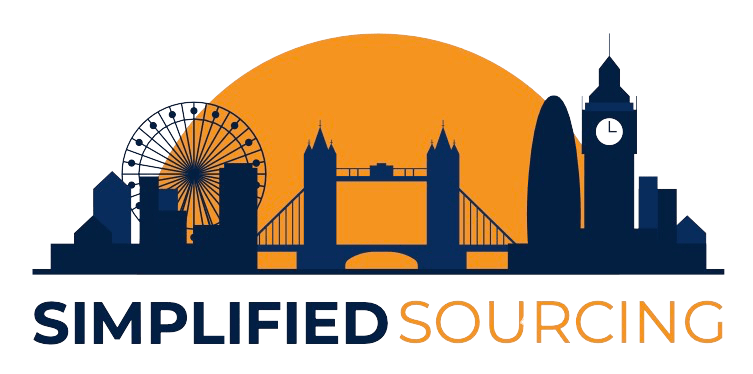Before we start,
There are very few barriers to entry.
- You do not need a degree to become a property developer.
- You do not need a license or certification to become a property developer.
- You can start with little or no money.
Property Development can be broken down into 3 stages.
- Finding and Identifying the Property.
- Financing the Development.
- Managing the property or Exiting the Deal.
Finding and Identifying the Property
There are 2 types of property that a developer can acquire, properties with planning permission and properties without a planning permission.
Properties with planning permission – these are properties that are ready to be built upon as soon as acquisition.
Properties without planning permission – these are usually off market properties that do not have the permission to be built directly after acquisition, for these properties the developer will have to undergo the planning permission process with the local planning authority and get a permission to build or renovate that property.
As soon as you have identified a property, the first thing a developer should calculate if the property has any real potential and if the Gross development Value of the property supports your needs. A tip is to always work back from the GDV of the property to before making any decisions.
Financing the Development
Before learning about the financing, we will tell you about the costs, there are 2 main costs in developing a property. The acquisition cost and the actual development cost.
Acquisition Cost – The cost incurred in finding and identifying a property, the negotiation costs, agent fees in any, and the cost of planning permission if need be.
Development Cost – This is the cost of developing the property, it includes the cost of materials, the cost of appointing a general contractor, and a project manager.
How to Finance a Project?
There are 3 ways you can finance a project.
- Put up your own Capital.
- Finance from a Bank or any other financial institutions.
- Finance from a private investor.
There are many ways a developer can structure the financing of the project, in many cases a developer can have more than one sources or finance, in that case both or every financer should be aware each other.
Managing a project or Exiting the Deal.
After you have acquired a property, you can either decide to sell it to some secondary purchaser or manage and develop the property. Usually, properties without a planning permission are purchased for the “planning gain”.
Planning Gain is the added value of the property because of acquiring the planning permission of a property. As the property can now be built upon directly after acquisition the value of the property increases.
There are 2 main exit strategies in development.


.jpg) Sumit Agarwal
Sumit Agarwal